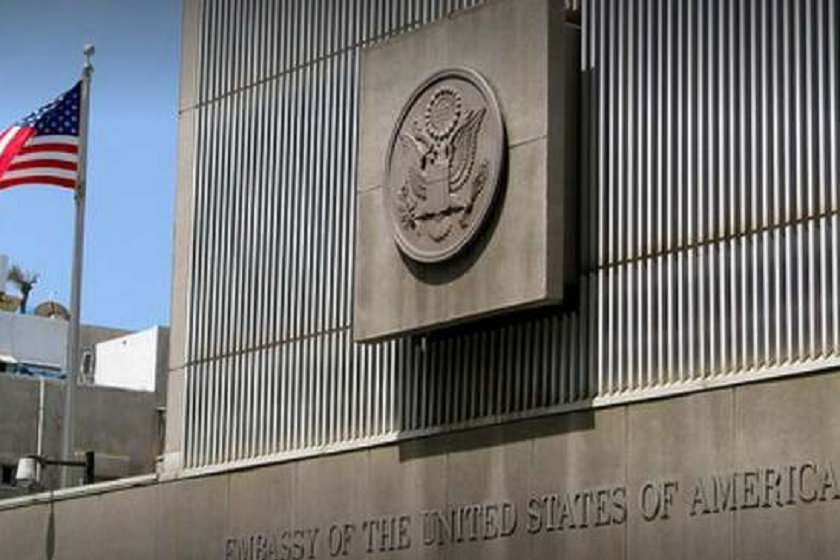Iran nuclear escalation
In a sharp escalation of Middle East tensions, the U.S. Embassy in Israel has issued an urgent travel warning to its employees, instructing them not to travel outside of Tel Aviv, Jerusalem, and Beersheba until further notice. The advisory follows growing fears of an imminent military conflict targeting Iran’s nuclear facilities, with Iran nuclear escalation at the center of the crisis.
IAEA declares Iran in breach for the first time in nearly 20 years
In a significant diplomatic development, the International Atomic Energy Agency (IAEA) has officially declared Iran in non-compliance with its nuclear non-proliferation obligations a move not seen since the early 2000s. The agency cited Tehran’s consistent failure to cooperate since 2019 on investigations concerning undeclared nuclear activities and materials found at multiple covert sites.
“Iran’s many failures to uphold its obligations since 2019… constitute non-compliance,” stated the IAEA Board of Governors in its resolution.
This marks a pivotal turning point, especially as speculation intensifies around potential Israeli or U.S.-led military strikes against Iranian nuclear sites.
Iran responds with bold nuclear expansion
In direct defiance of the IAEA resolution and Western pressure, Iran has announced two major advancements in its nuclear program seen by many analysts as a provocative move escalating the Iran nuclear escalation narrative:
1. Opening a New Enrichment Site
Iran confirmed it will activate a new uranium enrichment facility. The location remains undisclosed, heightening concerns about international monitoring and transparency. The development complicates efforts to verify Iran’s nuclear intentions and progress.
2. Upgrading Centrifuges at Fordow
Iran’s nuclear authorities revealed plans to replace aging IR-1 centrifuges at the Fordow underground facility with more advanced IR-6 centrifuges. These upgraded machines allow for significantly faster uranium enrichment bringing Iran closer to weapons-grade capability.
Houthis and regional militias prepare for war
In a parallel development, Houthi forces in Yemen have announced they are on high alert, preparing for possible retaliation by Israel or the U.S. The group, which has aligned itself with Iran, vowed to escalate attacks on Israel in response to continued military action in Gaza. Houthi commanders warned that any strike on Iran’s nuclear program would trigger a regional-wide war involving multiple fronts.
State Department issues Level 4 travel alert for Iraq
The U.S. State Department has also issued a Level 4 “Do Not Travel” warning for Iraq, citing heightened risks due to potential retaliatory attacks on American and allied interests in the region.
Growing certainty of an Israeli strike
Military analysts and intelligence sources suggest that an Israeli strike on Iran’s nuclear sites is no longer a question of if but when. With Iran’s refusal to comply with IAEA demands and its accelerated nuclear advancements, regional defense forces are on high alert for what may be a pivotal moment in Middle Eastern geopolitics.


